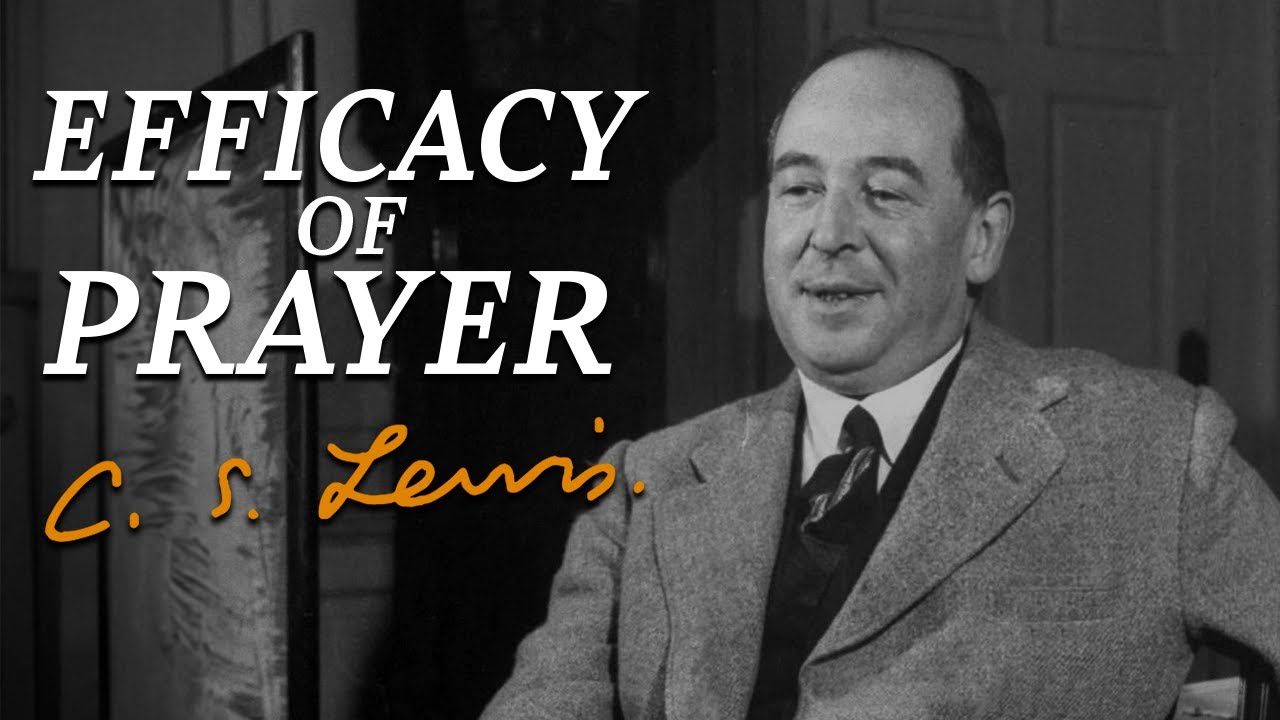I have cancer, what should I do? | J. Krishnamurti
Summary
TLDRThe transcript explores a profound personal dilemma faced by a cancer patient: whether to undergo medical treatment that may alter their physical form or to endure the illness and its potential fatal outcome without intervention. It delves into the nature of pain, the human response to it, and the brain's capacity to self-protect against intense suffering. The speaker also touches on the concept of healing, questioning the possibility of curing cancer through non-traditional means, emphasizing the importance of selflessness in the healing process.
Takeaways
- 🤔 The speaker discusses the personal dilemma of whether to undergo medical treatment for cancer that may result in physical changes or to live with the illness and pain.
- 💊 The script raises the question of how individuals deal with pain, suggesting that the approach to pain can vary from immediate medication to observing and allowing it to pass.
- 🚂 It uses the metaphor of noise, like a passing train, to explore the idea of whether we resist or let it pass through us, drawing a parallel to how we might deal with pain.
- 😖 The speaker acknowledges the difficulty of disassociating from pain, especially when it is intense, and the instinctive human reaction to hold on during moments of pain.
- 🧠 It mentions the brain's capacity to protect itself against pain through chemical reactions, suggesting that there may be a limit to how much pain one can bear without medical intervention.
- 🤝 The speaker expresses an inability to make the decision for the individual with cancer, emphasizing the personal nature of such a choice.
- 🙏 The script touches on the concept of healing, suggesting that some individuals may have the ability to alleviate pain through touch, but it must be done without selfish intent.
- 🌐 The speaker has had personal experiences with healing practices, indicating that such phenomena exist but cautioning against seeking healing from him specifically.
- 🤔 The dialogue invites the audience to question and explore their own relationship with pain, rather than providing definitive answers or instructions.
- 🧘♂️ The emphasis is on self-exploration and understanding one's own capacity to deal with pain, rather than prescribing a one-size-fits-all approach.
- 💡 The script concludes by highlighting the importance of inquiry and self-discovery in addressing the profound question of how to deal with severe pain or illness.
Q & A
What is the main dilemma presented in the script?
-The main dilemma is whether to undergo medical treatment for cancer that may result in physical mutilation or to live with the illness and pain, potentially facing death without an operation.
How does the speaker suggest one should approach pain?
-The speaker suggests observing pain without immediate identification or resistance, similar to how one might let a noise pass through without being disturbed by it.
What does the speaker mean by 'not identifying with the pain'?
-Not identifying with the pain means observing it as a separate entity from oneself, rather than associating one's identity with the experience of pain.
How does the speaker describe the human brain's capacity to deal with pain?
-The speaker mentions that the brain has a capacity to protect itself against pain through chemical reactions, but this capacity has its limits, and too much pain can lead to unconsciousness or giving up.
What is the speaker's stance on the idea of being a guru or authority?
-The speaker explicitly states that he is not a guru or authority and encourages individuals to explore and find their own understanding of the issues discussed.
What is the speaker's view on the possibility of healing cancer through touch?
-The speaker acknowledges that some people claim to have the ability to heal pain, including cancer, by touch, but emphasizes that for such healing to be genuine, it must be devoid of selfishness.
What does the speaker suggest is a prerequisite for genuine healing?
-The speaker suggests that genuine healing requires the absence of selfishness, implying that the healer should not be motivated by personal gain or recognition.
How does the speaker address the question of whether cancer can be healed?
-The speaker does not give a direct answer but instead invites the questioner to consider the nature of healing and the conditions under which it might occur.
What is the importance of the questioner's autonomy in the script?
-The importance of the questioner's autonomy is emphasized by the speaker's refusal to make decisions for them and his encouragement for them to explore and understand the issues on their own.
What is the role of the audience in the script's discussion on pain and healing?
-The audience is encouraged to actively participate in the discussion by reflecting on their own experiences with pain and considering the speaker's points about observation and disassociation.
How does the script relate the experience of physical pain to broader existential questions?
-The script uses the experience of physical pain as a metaphor to explore broader existential questions about suffering, identity, and the limits of human endurance.
Outlines

Esta sección está disponible solo para usuarios con suscripción. Por favor, mejora tu plan para acceder a esta parte.
Mejorar ahoraMindmap

Esta sección está disponible solo para usuarios con suscripción. Por favor, mejora tu plan para acceder a esta parte.
Mejorar ahoraKeywords

Esta sección está disponible solo para usuarios con suscripción. Por favor, mejora tu plan para acceder a esta parte.
Mejorar ahoraHighlights

Esta sección está disponible solo para usuarios con suscripción. Por favor, mejora tu plan para acceder a esta parte.
Mejorar ahoraTranscripts

Esta sección está disponible solo para usuarios con suscripción. Por favor, mejora tu plan para acceder a esta parte.
Mejorar ahoraVer Más Videos Relacionados
5.0 / 5 (0 votes)






